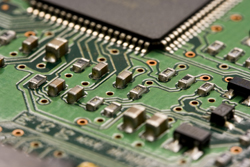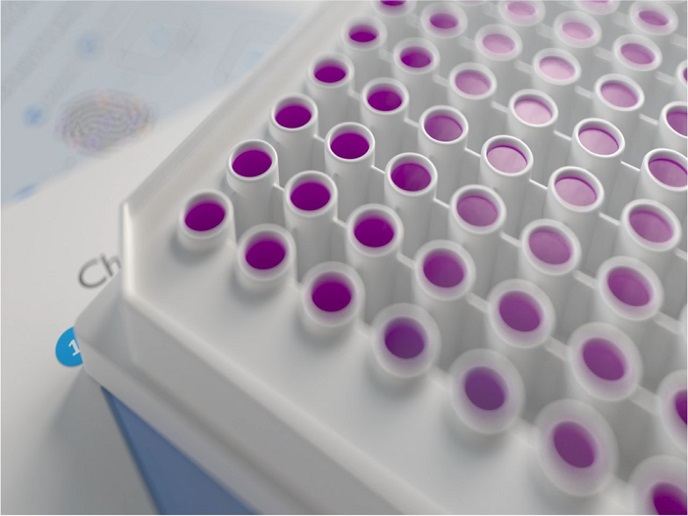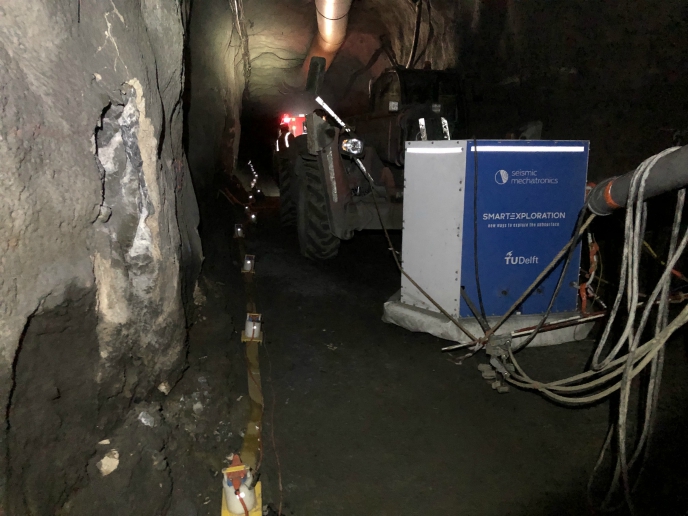Virtual prototyping produces better circuits in reality
Integrated circuits, which form the heart of computers, mobile phones and a number of other devices, have helped make the information society possible. As engineers continue to push the technology envelope, thermo-mechanical failure remains one of the primary causes of chip malfunction. The organisations involved in the MEVIPRO RTD project sought to improve chip reliability through the use of virtual prototyping. Experts with the French firm Thales Microelectronics SA applied the new methodology to a ceramic-based Multi chip module (MCM) encapsulated in epoxy. The simulations were performed using Finite element method (FEM) techniques. The incorporation of material properties into the model facilitated the identification of optimal materials. Likewise, the inclusion of MCM dimensions provided insight into how to avoid problems such as warping. Finally, it was also possible to improve process parameters, such as curing profiles, based on feedback from the simulations. An important advantage of the virtual prototyping approach was shorter lead times for the design and manufacture of products with similar configurations. Thales Microelectronics SA and its MEVIPRO partners are not resting on their laurels, rather they are planning further improvements to the model to address the effects of adhesion and delamination on chip performance.







